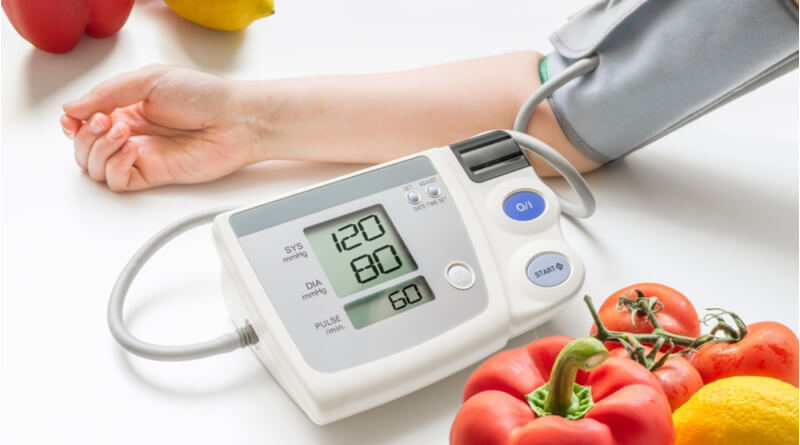High blood pressure is known by a few names, the most common one being, hypertension. The somewhat less common name, but definitely more concerning name is “The Silent Killer”. The name comes from the fact that it can be hard to identify hypertension without the help of a doctor.
Hypertension is defined by possessing high arterial pressure; the blood is exerting too much pressure against the walls of your arteries, hence why we call it high blood pressure. Hypertension occurs when the blood pressure remains high over a long period of time. Most people are unaware when this happens and are only alerted to the condition after being tested by their doctor.
Prolonged exposure to hypertension can lead to:
- Heart attack
- Heart failure
- Renal insufficiency
- Stroke
- Dementia
- Retinopathy
- Headaches
- Visual problems
- Dizziness
- Buzzing in the ears
- Shortness of breath
- Fatigue
- Heart palpitations
- Nose bleeds
- Numbness or tingling of the hands and feet
Risk Factors
There are many factors that can increase your risk for developing high blood pressure:
- You are over 55 years old
- You have a family history of hypertension
- You suffer from diabetes
- You suffer from sleep apnea
- You drink large amounts of alcohol
- You smoke
- You live a sedentary lifestyle
- You suffer from renal disease
- You are obese
- You have strong emotions
- You have lots of stress or anxiety
- You drink too much caffeine
- You have over exerted yourself
If you have blood pressure or suspect that you might have hyper tension you should start with a visit to your doctor. Only a doctor can diagnose you with hypertension with certainty. After you are diagnosed, you need to form a healthy eating and exercise plan and seek to make lifestyle changes like:
- Losing weight
- Quitting smoking
- Engaging in more physical activity
- Reducing salt and alcohol intake
- Reducing your levels of stress








